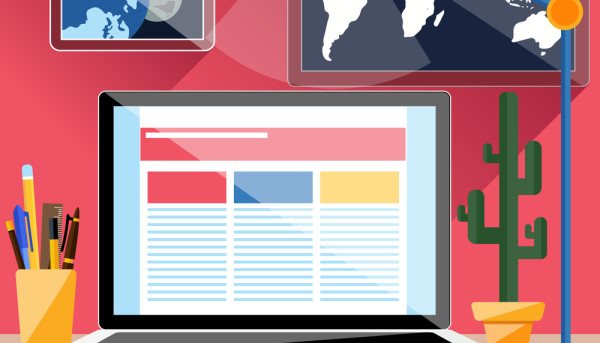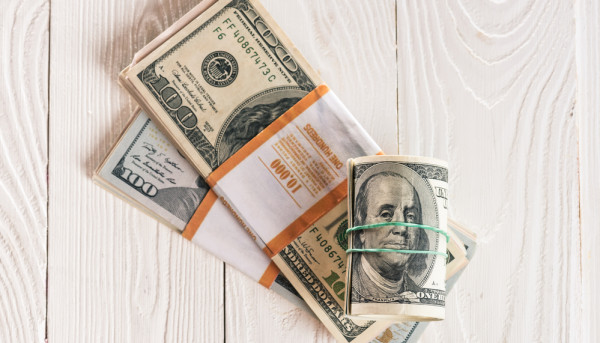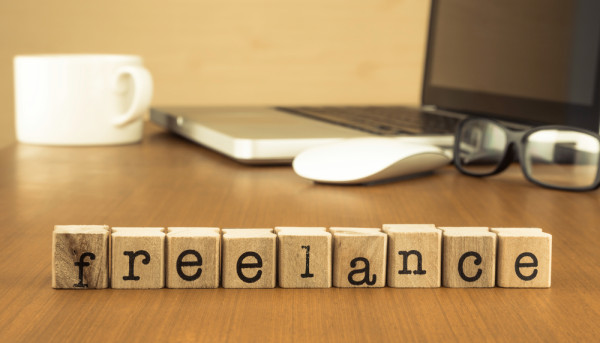Buying a Home - Pros and Cons of New Construction Vs Buying a Home Already

Buying a home, whether it is a new construction or an existing home has a lot of pros and cons. If you are thinking about buying a home, here are some important considerations to help you decide.
Buying a home is cheaper to build than buying a home
Buying a home is cheaper than building a home, but that doesn't mean that it's the right choice. There are several different factors to consider when choosing between the two. You should also consider how long you plan to live in the home, as well as what you want in your new home.
If you are a first-time homebuyer, you may want to buy an existing home. There are several advantages to purchasing an existing home, including the chance to build equity and a lower initial sticker price. In addition, buying an existing home allows you to get a better idea of the layout of the home and the neighborhood. This can also help you to negotiate a lower initial price.
However, if you are a more experienced homebuyer, you may want to consider building a new home. This is an excellent option if you want to customize your home, reduce maintenance costs, and avoid the expense of major renovations. A new home is also typically larger than an existing one. You may also have access to amenities in the growing communities where you live.
The cost of building a new home depends on a variety of factors, including the materials you use, the amount of labor needed, and the area where you live. In addition, the cost of building a home will also depend on the availability of the materials you need and the time it will take to build. You can also save money by selecting a lot that is located in a desirable neighborhood or location.
The cost of building a new house will also depend on the size of your lot. If you need to demolish an existing home, your land cost will likely increase. You may also need to relocate to a location that is further from your job or a major city.
When you build a new home, you will likely need to make a construction loan, which will have higher interest rates. In addition, your lender will require the house to appraise for the cost of construction. The price of a new home will also likely be more than an existing one. This is due to the increase in home prices. In addition, the cost of building varies from builder to builder. There are also additional costs such as inspections and permits. You may also need to rent while construction is happening.
Building a home is a complex process, but it can be well worth the effort. If you are able to find a builder you like, you should enjoy the experience. You should also consider whether or not you will be able to make your new home your own. You can also find homes that are move-in ready, which will save you on the cost of construction.
Buying a home after a home has been completed
Buying a home after a home has been completed can be a stressful experience. There are a number of steps involved and you may want to make sure that you are prepared. The best way to prepare is to gather the necessary documents and funds to get you through the process. Whether you are buying a home in New York or another state, there are many things to keep in mind.
After you have found the home that you want to buy, you will need to sign the purchase agreement. This is a document that outlines all of the details of the home, including seller credits, the terms of the sale, and the buyer's earnest money deposit. It is important that you thoroughly review the contract before signing. You should also make sure that you understand your rights. If you do not understand your rights, you can get a consultation from a real estate attorney.
If you are buying a home in New York, you will need to make a "downpayment" when you sign the contract. This is a show of good faith and shows the seller that you can afford to purchase the home. You should also make sure that you have enough money to cover the closing costs.
The average time it takes to close a home is 50 days. This time can vary and depends on the lender and the amount of loans that are being processed. It can also depend on issues with the inspection. For instance, if the home has serious structural issues, there may not be enough time to get out of the contract. Whether you are buying a home in New York or another state, make sure that you get an idea of how long it will take to close a home before you sign.
Before signing the contract, you should make sure that you have all of the documents you need. The mortgage lender will send you pre-closing documents. These documents will tell you what you need to do to prepare for the closing. For instance, you may need to turn on your utilities and get internet and phone services. You may also need to have the home appraised to determine the market value of the home.
A down payment is a percentage of the purchase price that the buyer will put down. A down payment may be as high as 10% of the purchase price. This down payment lowers the lender's percentage of the asking price. If you have an offer accepted, you may be required to put down more than 10% of the purchase price.
You will also need to bring a check to cover your closing costs. You may also need to pay attorneys' fees, transfer taxes, real property transfer taxes, and homeowner's insurance. These costs may vary depending on the area. The amount you will need to pay depends on your lender and the type of loan you obtain.










